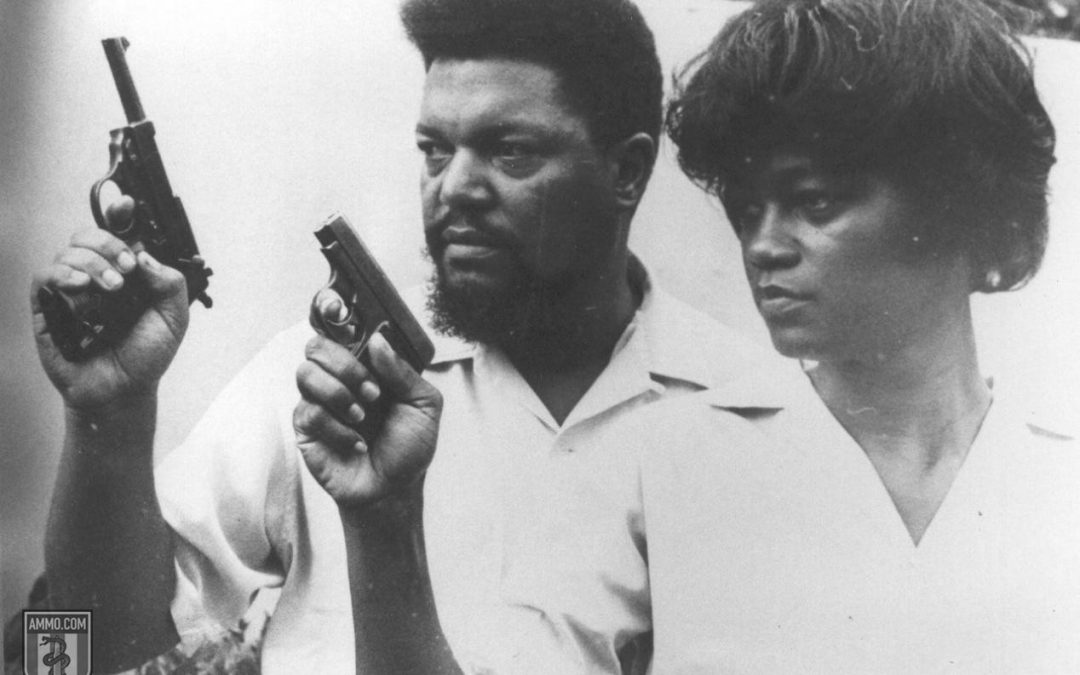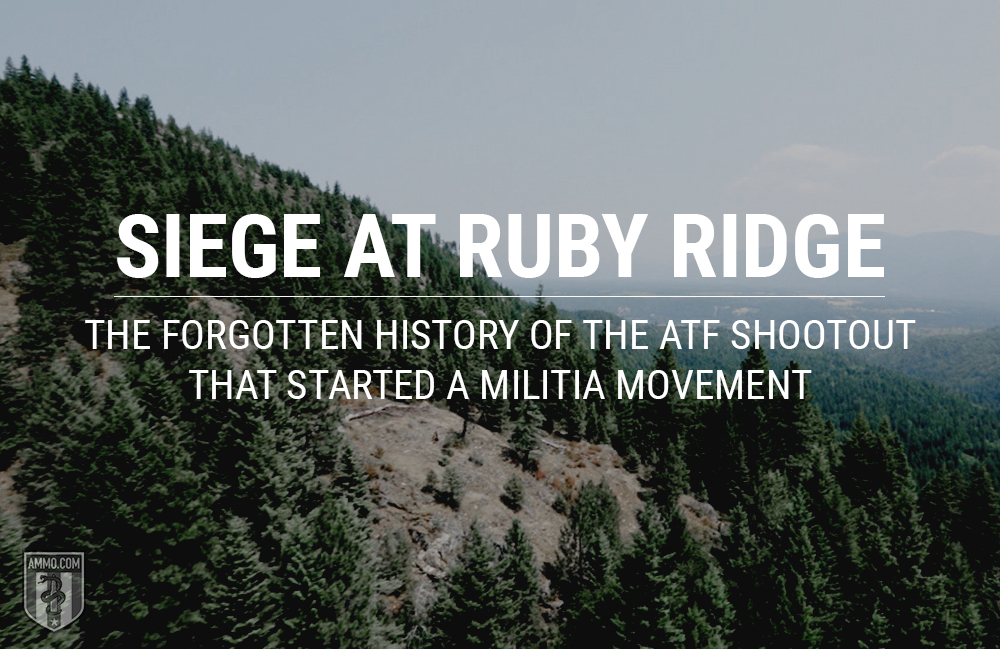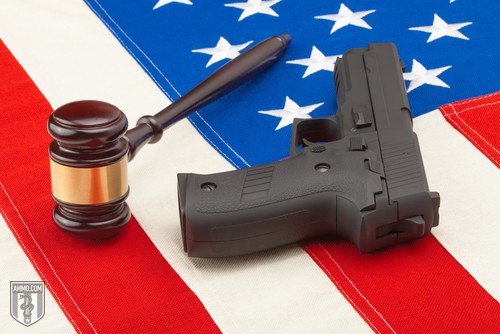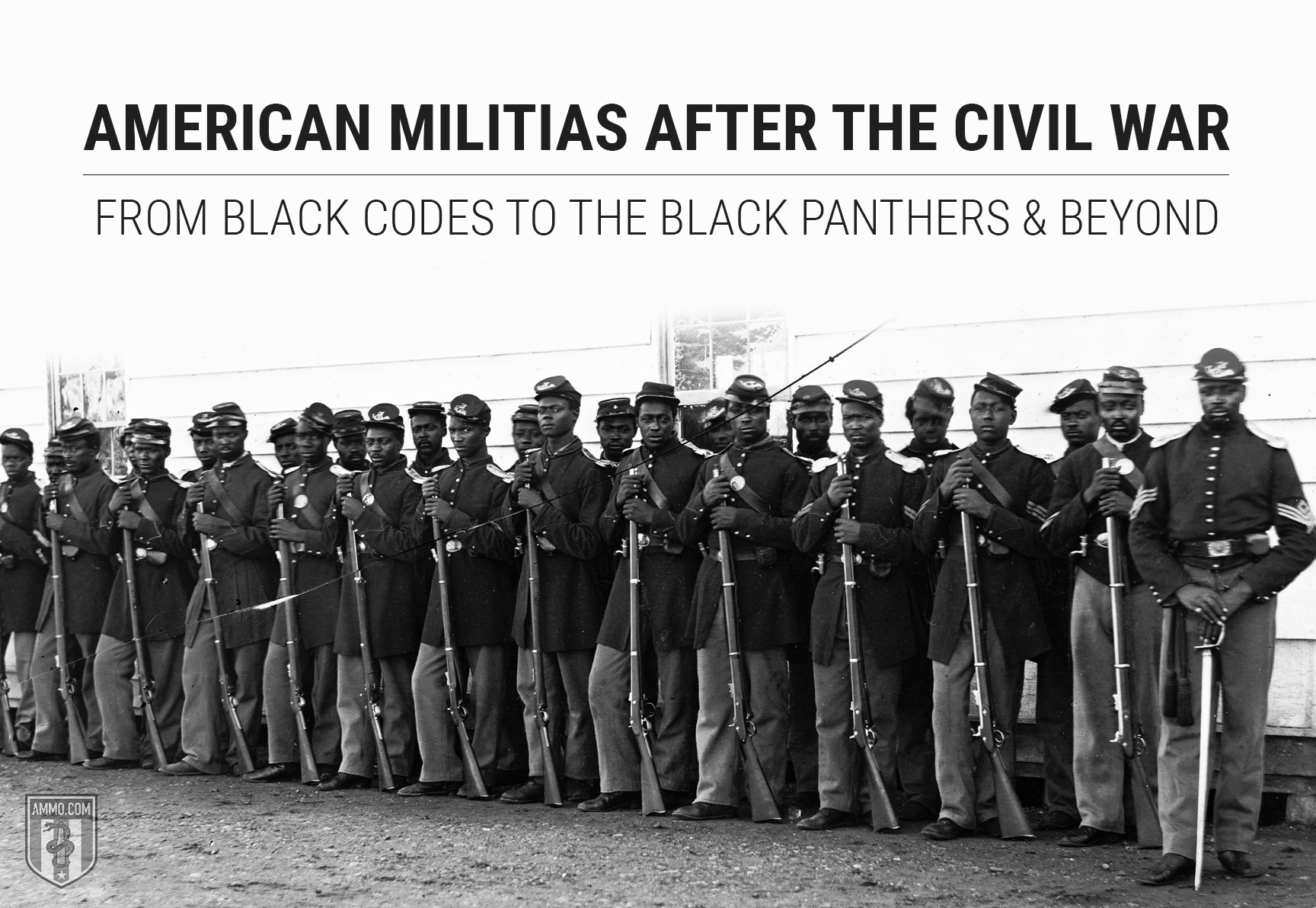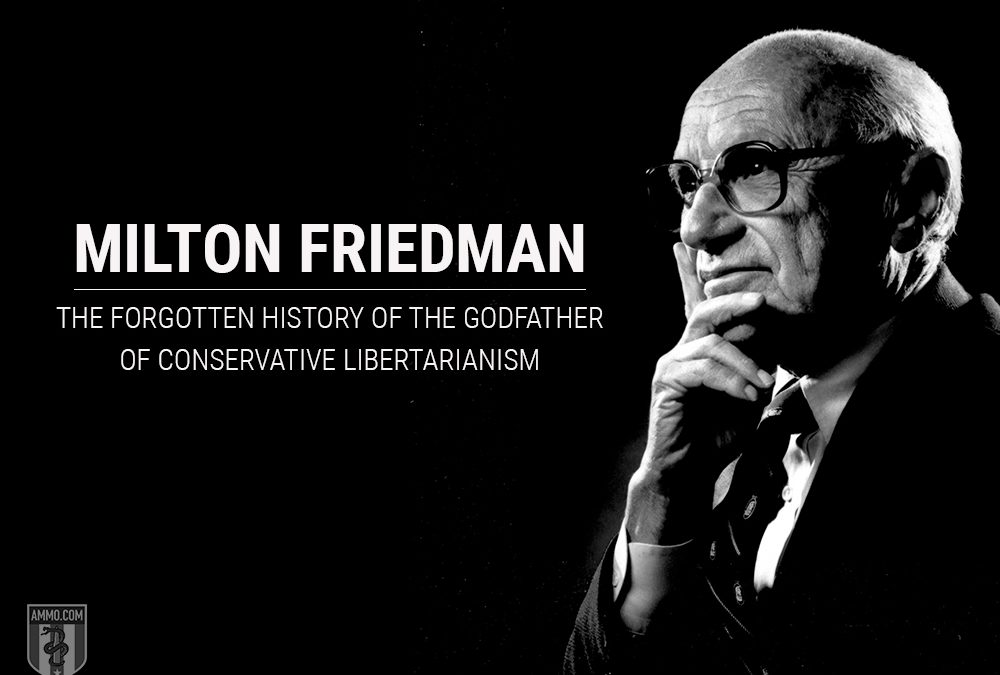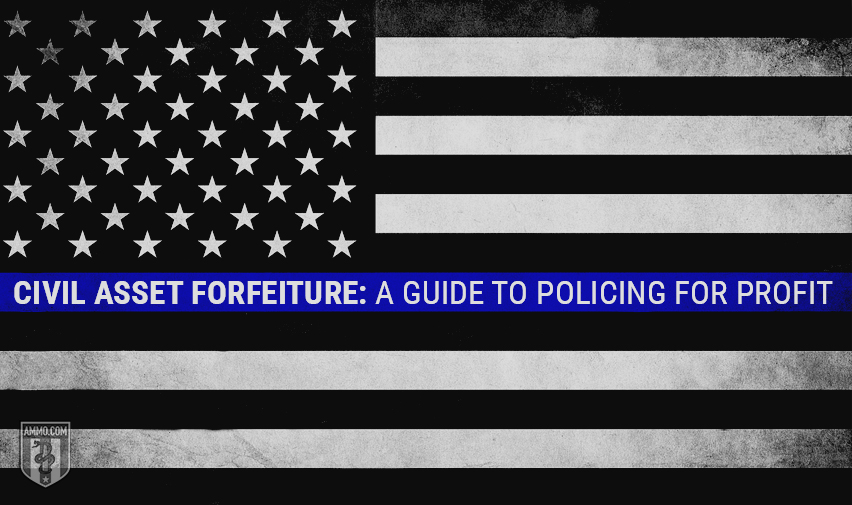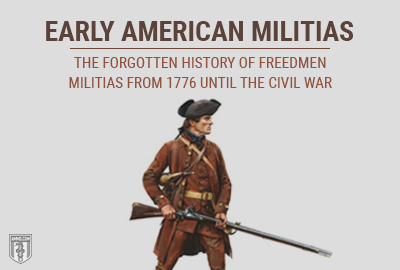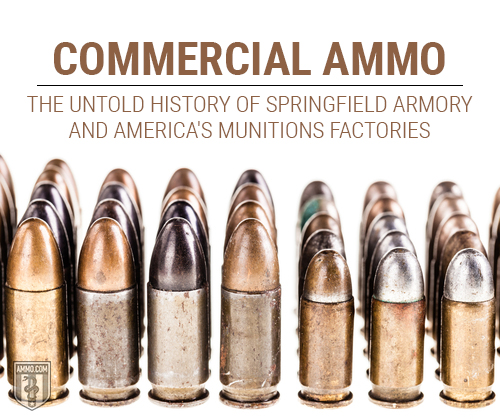With the violent crime rate increasing disproportionately in urban communities, it's no surprise that a recent phone survey of black voters found that 80 percent felt gun violence was an “extremely serious” problem. However, it seems this surge in violence actually has many in the black community changing their views on gun ownership. In 1993, 74 percent of African-Americans favored gun control. Fast forward to 2018, and a Crime Prevention Research Center report found that concealed carry permits are on the rise – especially among minorities. In Texas alone, the number of blacks with permits...
